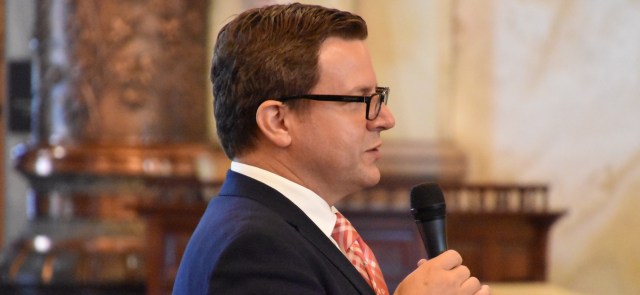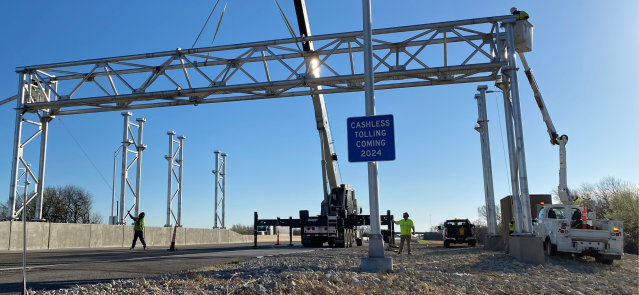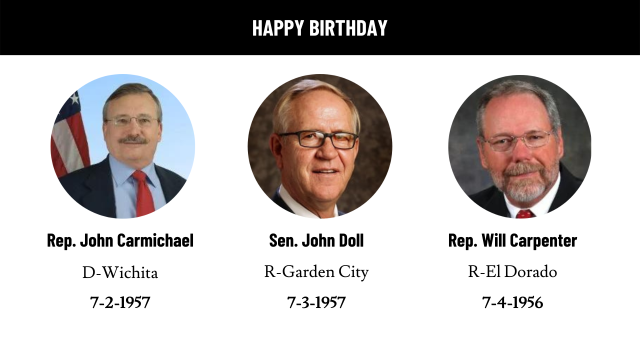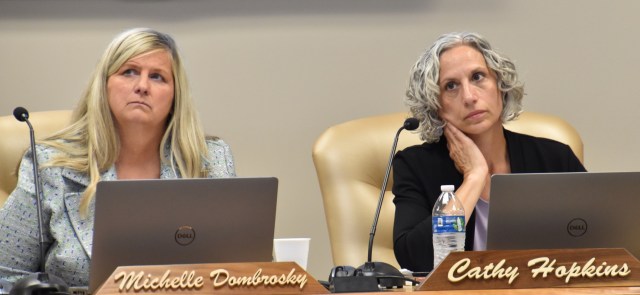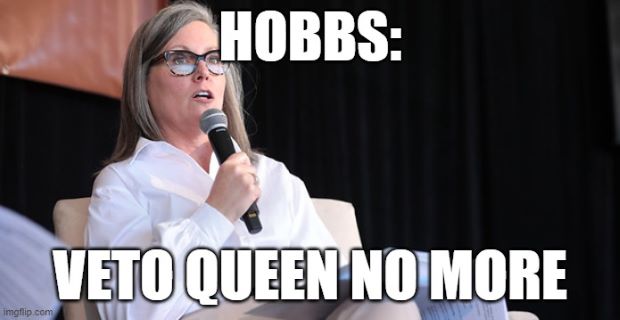The Kansas Legislature’s billion-dollar overture aimed at poaching Missouri’s marquee professional sports franchises has high-ranking officials in the Show-Me State on the defensive.
Meanwhile, Sen. J.R. Claeys, the carrier of the bill, believes the Kansas Legislature’s recently ratified STAR bond bill, laden with tax incentives, is an offer the NFL’s Kansas City Chiefs and MLB’s Kansas City Royals cannot refuse.
“This is a once-in-a lifetime opportunity to not just retain two major sports franchises in Kansas City metro, but also to bring them to the Kansas side,” Claeys, R-Salina, told State Affairs.
During its one-day special session on June 18, House and Senate supermajorities approved House Bill 2001, positioning the state to land one or both franchises with the pledge of bankrolling up to 70% of a $1 billion-plus stadium via Sales Tax and Revenue (STAR) bonds. Missouri finds itself in jeopardy of losing either of the teams after Jackson County voters in April rejected a 3/8th-cent sales tax extension that would have covered the cost of stadium renovations for the Chiefs — and potentially a brand new venue for the Royals.
Secretary of Commerce’s role
On the eve of the special session, a few Republican lawmakers expressed discontent with Secretary of Commerce David Toland’s looming role in the STAR bond process — which entails the issuance of bonds and site selection. Toland doubles as Laura Kelly’s lieutenant governor and is viewed by some lawmakers as the Democratic frontrunner for governor in 2026.
But Claeys dismissed any concerns over Toland’s role in the process. “This bill transcends the politics of claiming victory [by one side],” Claeys said, adding that while Toland would be armed with “substantial powers in the process,” he would be precluded from utilizing eminent domain as a mechanism for site-selection and would not have the authority to override local ordinances and their respective planning processes.
Claeys said local municipalities can choose to remain on the sideline or be a party to the negotiation process.
“We would expect that the [selected] city would have a key interest in being a party to this and wanting to help bring the Chiefs and/or Royals to the Kansas side and into their county,” Claeys said.
Patrick Lowry, a spokesperson for the Department of Commerce, further expounded on the role Toland and company will play.
“This includes deciding whether a potential project is an ‘eligible area’ under the STAR Bond Act, approval of the physical district where the project will be located, the project plan — which includes the feasibility study [and] substantial financial metrics about the project, market study, market impact, economic impact and other items,” Lowry said in an email.
According to Lowry, the agency approves the specific terms and rates of the STAR bonds when they are issued. It also stays in touch with municipalities during the construction phase to get updates on the project while the bonds are still active.
A difference from a typical STAR bond project is the commerce department would enter into the agreement rather than the local municipality where the stadium would go.
Added Lowry: “We are open to the opportunity to bring Chiefs/Royals to Kansas and willing to work on their timelines and the locations that could result in their new home in Kansas.”
Timeline
If one or both teams opt to relocate to Kansas, 2031 is the earliest they could ditch Missouri for their new digs in the Sunflower State. There has been much speculation related to the location of venues on the Kansas side, with most pointing to Wyandotte and Johnson counties as possibilities, said Claeys. If a deal is reached, Claeys said construction of a new stadium and practice facility/headquarters would kick off in the next two to three years with an additional two years to complete.
The Chiefs in February unveiled renderings for an $800 million renovation of Arrowhead Stadium. But those plans were scuttled with the rejection of the sales tax measure.
“There is a process here involved where I believe the shortest amount of time where the Chiefs have worked through a renovation is seven years in advance,” Claeys said. “And we’re inside that timeframe already because of Missouri’s sales tax vote not going through in April.”
The bill gives Toland the ability to negotiate with the teams until June 30, 2025 on a STAR bond district. The Legislative Coordinating Council retains the ability to extend that deadline until June 30, 2026.
The process, according to Claeys, entails four or five different ideas or insights from consultants affiliated with the franchises “before settling on one that really helps the focus of both the team and developers who are assisting that process.”
“That would be brought to the state and negotiated with the Department of Commerce, and would then go off to the Legislative Coordinating Council for approval,” Claeys said.
Mistakes of the past
In debate during special session, Claeys fielded questions from Senate colleagues expressing concern over the use of STAR bonds as one of the primary mechanisms to facilitate the project. Claeys told State Affairs he understood the concern because of past STAR bond failures. Specifically, Prairiefire, an upscale development in Overland Park that recently defaulted on a portion of its $65 million STAR bond issuance.
Claeys said Prairiefire’s failure prompted the Legislature to take a hard look at the STAR bond framework. The Chiefs/Royals STAR bond proposal, he said, hasmore “guardrails.”
“There have been concerns over time, but they have been addressed as we’ve gone through the process of refining the law,” Claeys said, adding that the statute governing STAR bonds has been “significantly” updated since the first project was authorized a quarter-century ago for the Kansas Speedway project.
“We’ve learned from some of the mistakes,” Claeys said. “It’s a much stronger law than it was 25 years ago.”
Specifically, Claeys said the Legislature relied too heavily on information provided by developers as opposed to independent auditors and related studies.
“Many of those concerns have to deal with the tourism portion of it and the ability to attract a number of people to a tourist destination, but we’re not talking about that here with the Chiefs and Royals,” Claeys said.
“We know exactly how many tourists it attracts. We don’t have to wonder — we don’t have to guess — it’s not a dinosaur museum,” he said in reference to Prairiefire’s dinosaur museum, which has hemorrhaged millions of dollars.
Matt Resnick is a statehouse reporter at State Affairs Pro Kansas/Hawver’s Capitol Report. Reach him at [email protected].
